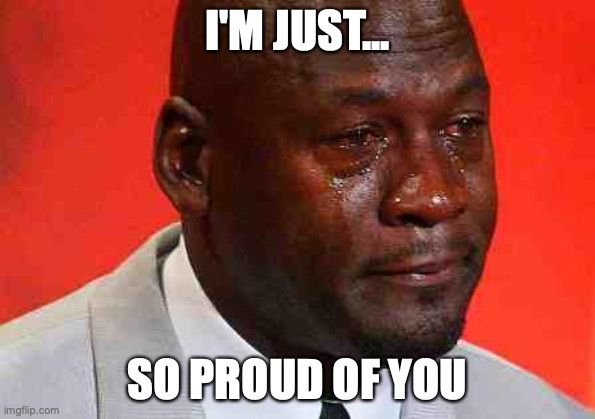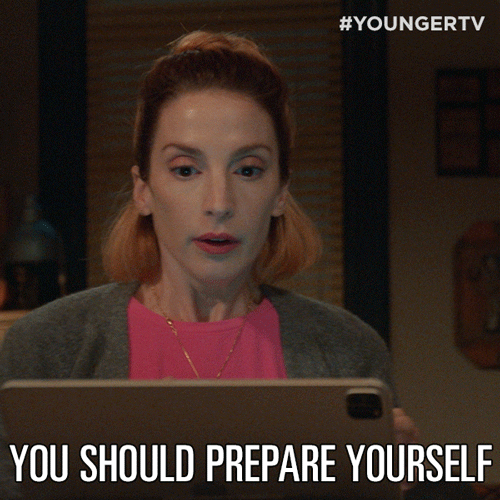
This logo isn't an ad or affiliate link. It's an organization that shares in our mission, and empowered the authors to share their insights in Byte form.
Rumie vets Bytes for compliance with our
Standards.
The organization is responsible for the completeness and reliability of the content.
Learn more
about how Rumie works with partners.
Do you want your interviewer to be this proud of your accomplishments?

Well, maybe without the crying?
It's important to prepare a thoughtful but also professional answer for the interview question "What are you most proud of?"
Why Do Interviewers Ask This Question?
Interviewers are trying to learn some important things about you when they ask the "What Are You Most Proud Of" question:
Your definition of success and if it aligns with their company culture
Your level of ambition and how goal-driven you are
The skills that helped you achieve this moment
Ensure you're a good fit with the company

Steps On How To Answer The " What Are You Most Proud Of" Question
Step 1: Choose a relevant accomplishment. Stick with a professional accomplishment rather than a personal one. Pick an example that best relates to the job you're applying for.
Step 2: Explain how you did it. Talk about the skills you used to reach this achievement and discuss the skills you learned along the way. This is a great way to express how you're constantly learning and setting new goals.
Step 3: Focus on the future. Near the end of your answer, discuss what you gained from the experience and how you'll use these skills in the future.
Example Answer
"As an anatomy tutor, I've worked with many students who struggle with this subject. While I helped many improve their test scores and grades, one student stood out. He was a second-year undergraduate student preparing to take the MCAT, and he was incredibly anxious. He consistently received low grades in anatomy, and he was worried about how he'd perform on the MCAT. I could tell he was very intelligent; he just never got the support he needed to boost his confidence.
Over the course of the semester, I helped him improve his marks with strategies on how to overcome his self-doubt. As a result, he aced his MCAT. Working with these students is what I'm most proud of when I was a tutor. It taught me the importance of building a student's self-confidence."
Take Action

This Byte has been authored by
Paige Eansor
Research Assistant